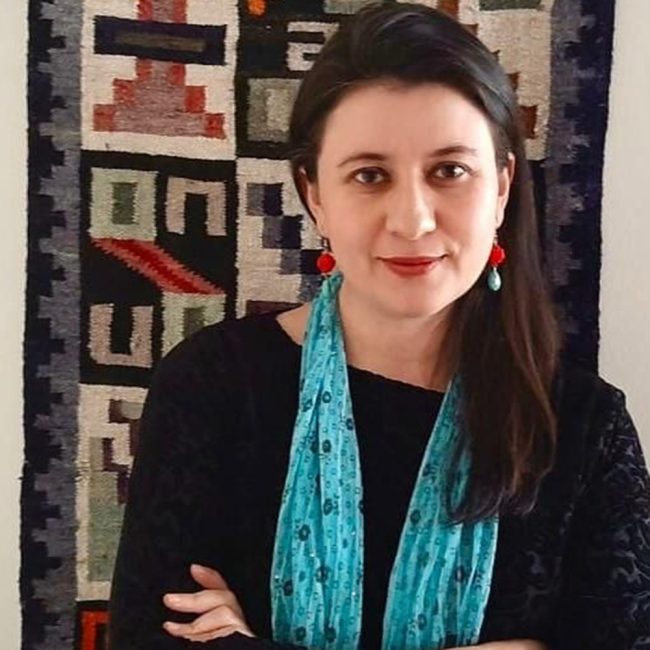Zulma M. Cucunuba is Director of the Public Health Institute at the Pontificia Universidad Javeriana in Bogotá, Colombia. She is also an Honorary Lecturer at the MRC Centre for Global Infectious Disease Analysis at Imperial College London. Her research focuses on adapting modeling and statistical methods to understand the spread of infectious diseases and the impact of interventions such as vaccines. She works at the intersection of open data, software development and modeling to inform public health response to epidemics.
Since 2022, Zulma is a lead member of the Epiverse TRACE-LAC initiative in Latin America and the Caribbean based at Universidad Javeriana, where they work on building an ecosystem for open-source software development for public health crises and on capacity building and training programs for promoting and strengthening data science in public health.
Zulma has worked on a number of projects to develop and use mathematical models to inform public health policy. Her work on COVID-19 was used to help the Colombian government develop national and subnational national control strategies to control the disease. She has also developed or contributed to the development and validation of models for vector-borne diseases, vaccine-preventable infections as well as emerging infections. She has also worked with the Pan American Health Organization to develop regional modeling pipelines for the use of mathematical models in public health.
She is the lead of the DICTUM project, which is a collaboration between Imperial College London, Universidad Javeriana, the NTDs-Modelling Consortium, Princeton University, and the Pan-American Health Organization. The DICTUM project is using mathematical models to measure the impact of Chagas disease on disease burden across Latin American countries, as well as to test different modeling approaches to measure progress towards the achievement of WHO 2030 Goals for Chagas disease.
